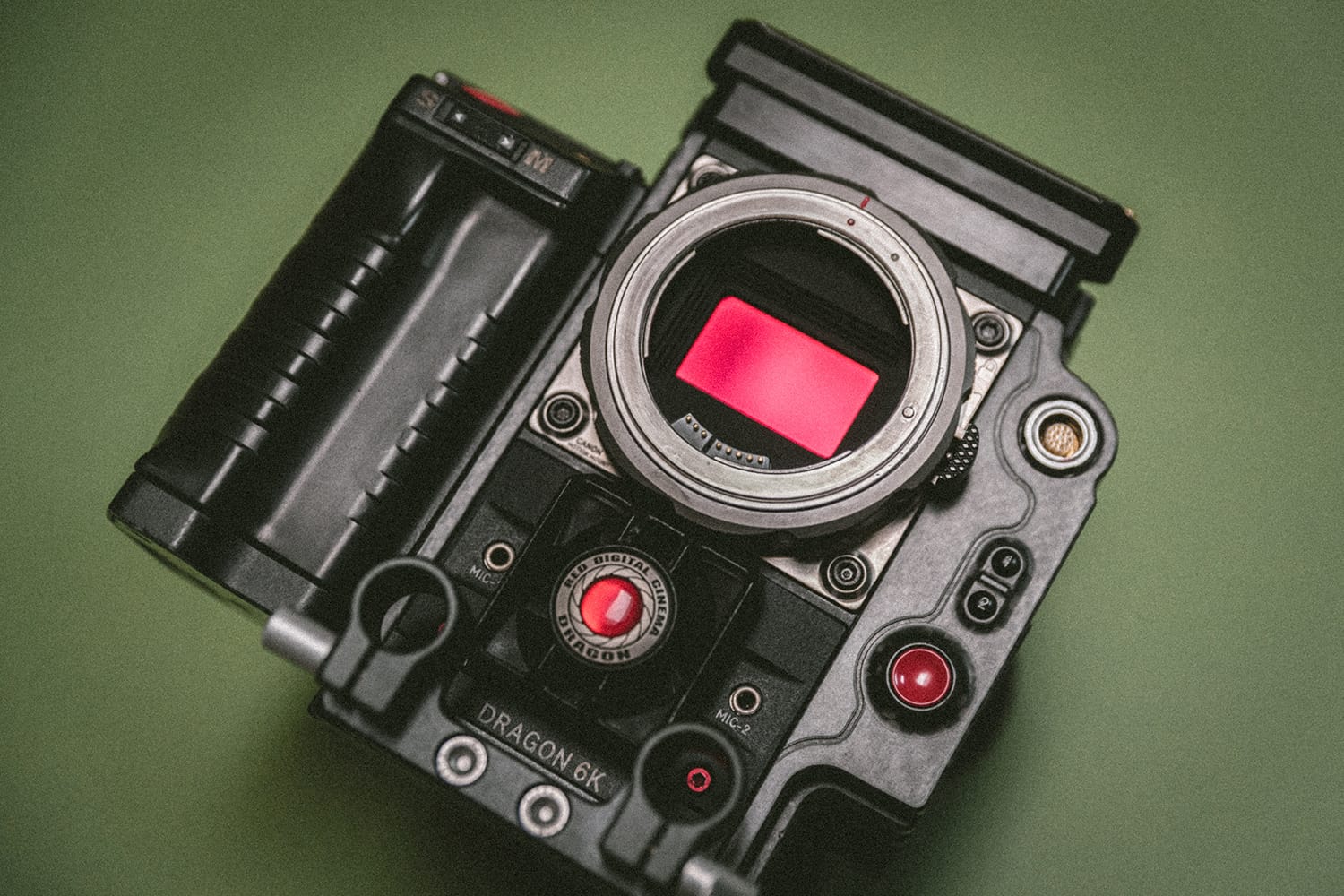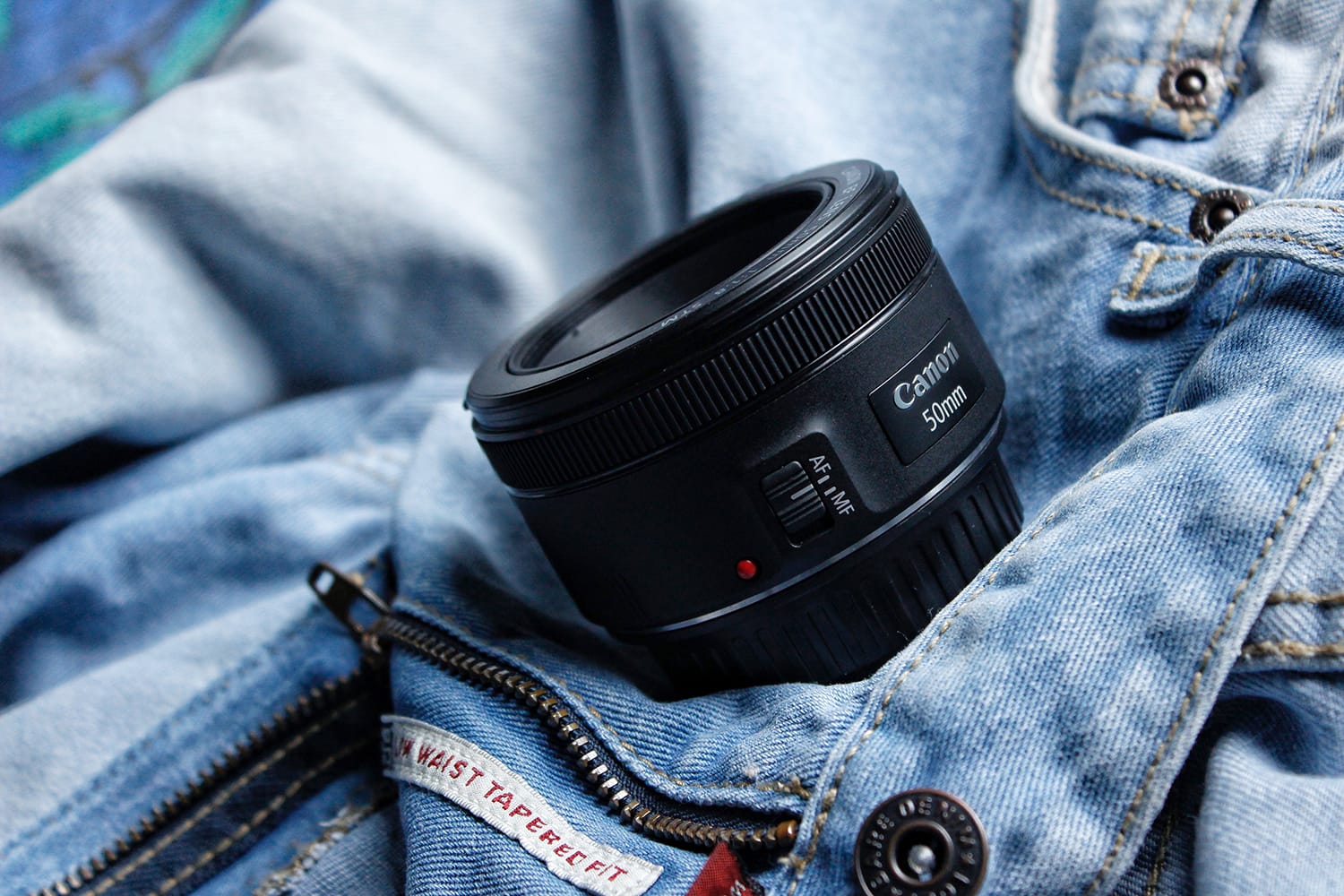5 Things Every Serious Photographer Should Own
The problem with picking out photography gear, or a favorite product or service, is that no matter how many photographers you ask, they all have their own definition of “essential”.
The biggest differences come based on what type of photography they do – a wedding photographer will have very different needs compared to a sports or a landscape photographer.

A Screen Calibrator
You’d be amazed at how important this little hockey puck sized device is and how many people don’t bother with it. If you’re planning on printing images a screen calibrator device is a must. The reason for this is that most people don’t realize their screens are a few degrees colder or warmer or that they change over time.
The result is that when editing your images might look perfect on your screen and orange on someone else’s phone if it’s not been properly calibrated for photography. Spyder makes fairly cheap ones if you don’t want to spend the money, but a good calibrator can save you time and money with your editing.

Sensor Cleaning Equipment
Nothing is more frustrating than a dirty sensor or a spec of dust that has gotten under your filter because you often don’t see it until post-processing and even then, you’ll have to hunt it down and risk damaging your equipment to get it out. Many photographers prefer to get their lenses professionally cleaned and serviced and while this should be done annually, many just don’t have time.
Camera manufacturers usually include self-cleaning sensors but they’re not infallible. While you won’t have to clean as often, a good camera cleaning kit is better. An air blower and a sensor scope will allow you to blow the worst of the dust out and the mirror if you have one. A sensor scope acts like a magnifying glass so you’ll be able to see tiny particles that you’d normally catch only in post-processing.

The “Nifty 50”
Almost every photographer owns this lens. The 50mm comes in all shapes and sizes and it’s very versatile. Whether you’re shooting products, portraits, close ups of fruit, or just general daily snaps, the “nifty 50” is a workhorse. Depending on your camera model you’ve probably got a preference but the Sigma Art 50mm has been pretty popular recently as a third-party lens if you’re not going with your own brand. Amateurs and pros alike can attest that this piece of photography kit is definitely a must.

Multiple Bodies
Any pro knows that you just don’t have time to be without a camera, especially when shooting events or once in a life time occurrence. A spare body at minimum, a second body at best.
Having a second body means that if anything goes wrong you’re covered, if something breaks, you’re covered. A second body is about hedging your bets so that you’ll always be able to get the shot because you’ve got the equipment just in case. A second body should be as good as your first body, but if it’s not quite the same or it’s a newer one you’re getting the hang of that works too.

A Booking Service
Just like photo editing services, a scheduling service makes life so much easier. Imagine not having to do the scheduling – just the photography. There’s only so long you can go scheduling with your phone app or a paper diary. You talk to the clients, you check the schedule for the day and know who is shooting with you and the deposits are automatically set with booking. Companies like Pixifi and ShootQ all have automated systems and it’s their job to take care of them. You can also add booking links directly on your website.
I hope you liked this article! Let us know what you think on Facebook or Twitter!
